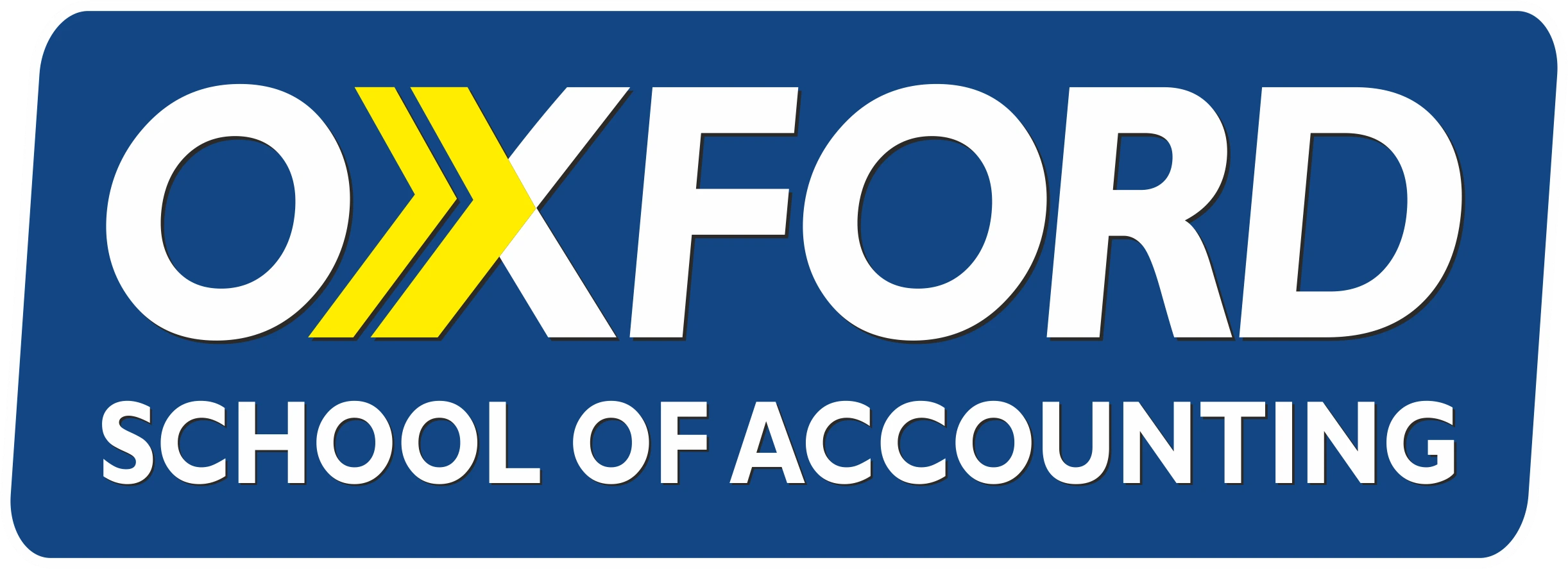Understanding the Basics of Economics: A Beginner's Guide
Economics might sound like a complex and daunting subject filled with charts and graphs, but at its core, it's about understanding how people make choices with limited resources. This 500-word guide will break down the basics of economics into simple, easy-to-understand concepts that will help demystify this essential subject.
What is Economics?
Economics is the study of how individuals, businesses, and governments make decisions on allocating resources to satisfy their needs and wants. It's about making choices—since we can't have everything we desire; we must decide what we will have and how we will get it.
The Two Main Branches of Economics
Economics is divided into two main areas: Microeconomics and Macroeconomics. Microeconomics focuses on the actions of individuals and industries, like the dynamics between buyers and sellers, labour, and wages. Macroeconomics looks at the economy, analysing national income, the rate of growth, and how to manage inflation and unemployment.
Supply and Demand: The Heart of Economics
The concept of supply and demand is fundamental to understanding economics. It's about the relationship between what's available (supply) and what people want (demand). If something is in high demand but low supply, it will be more expensive. Conversely, if there's too much supply and not enough demand, prices fall. This principle helps determine the price of everything from apples to apartments.
The Role of Money
Money, in its simplest form, is a medium of exchange. It allows us to buy and sell goods and services without bartering. Money also serves as a unit of account, providing a common measure of the value of goods and services, and a store of value, allowing individuals to save for future purchases.
The Importance of Economic Growth
Economic growth is crucial because it means more goods and services are being produced, which can lead to higher living standards, better employment opportunities, and improved healthcare and education. Growth is typically measured by the increase in a country's total output of goods and services, known as Gross Domestic Product (GDP).
Inflation and Deflation
Inflation is when prices rise over time, reducing the purchasing power of money. A little inflation is normal, but too much can hurt the economy. Deflation, on the other hand, is when prices fall. It might sound good, but it can lead to reduced spending, which can harm economic growth.
The Government's Role
Governments play a significant role in the economy. They collect taxes, provide public goods and services (like roads and education), and regulate businesses. They also try to manage the economy's overall health through policies that aim to control inflation, unemployment, and economic growth.
Why Economics Matters
Economics affects everything from what we do every day to global policy decisions. It helps us understand societal trends, make informed decisions, and solve complex problems. Whether it's deciding on a career, voting for a policy, or just buying groceries, economics is at play.
Conclusion
Economics is all around us, influencing our daily lives and the world at large. By understanding the basics—how people make decisions, the importance of supply and demand, the role of money and government, and the impact of economic growth—we can better navigate the world. This knowledge not only helps us make personal decisions but also understand the broader societal and global issues that affect us all.





